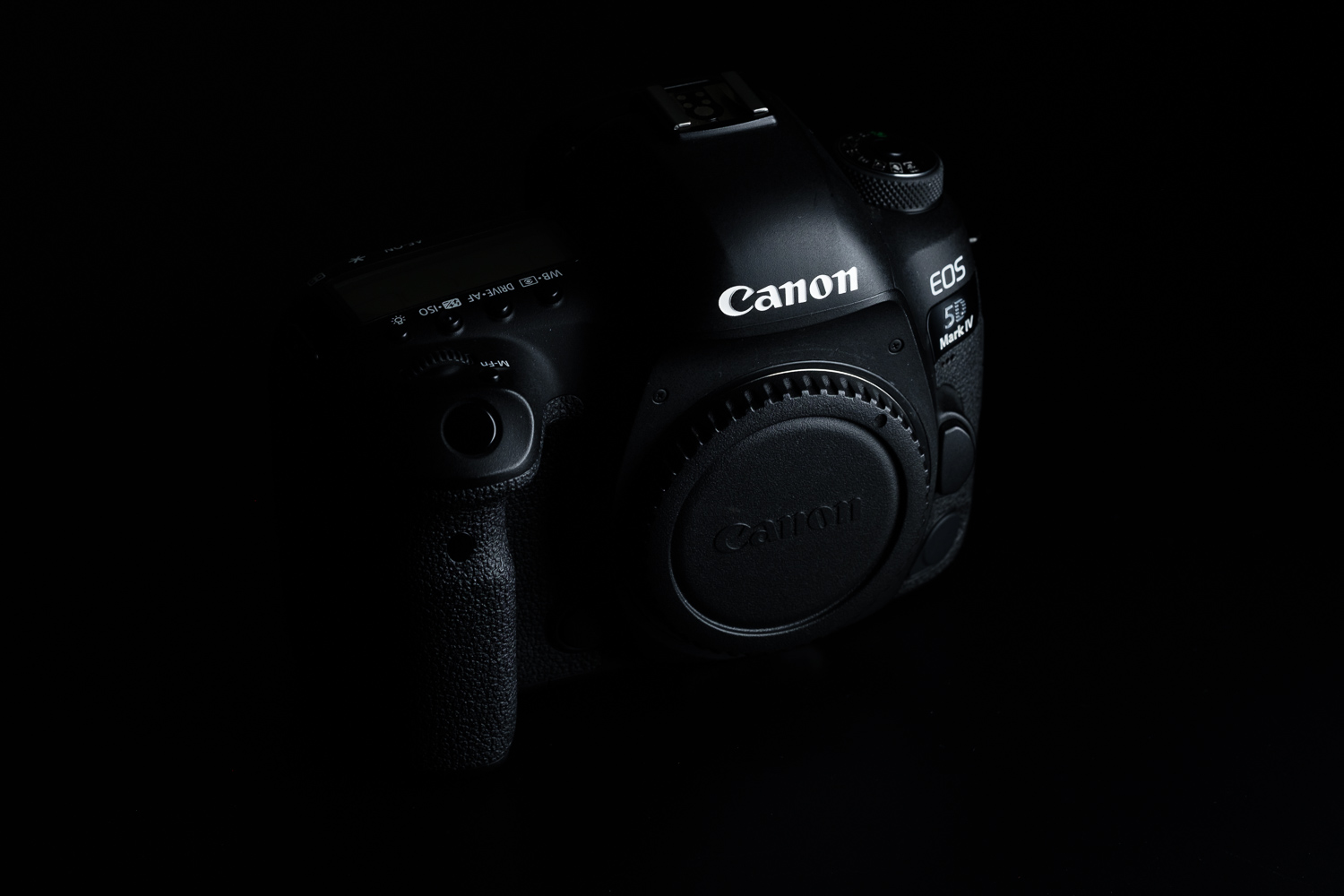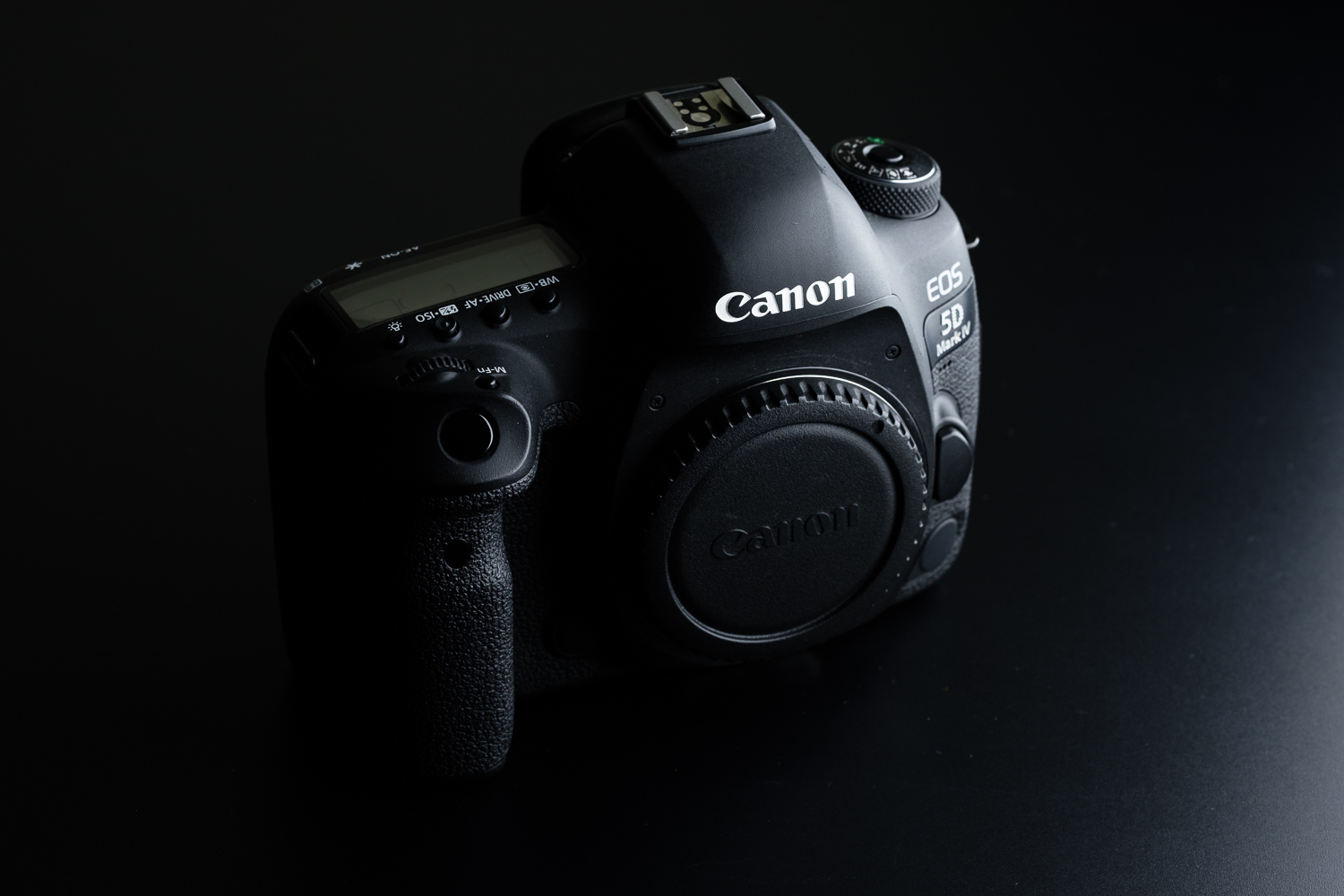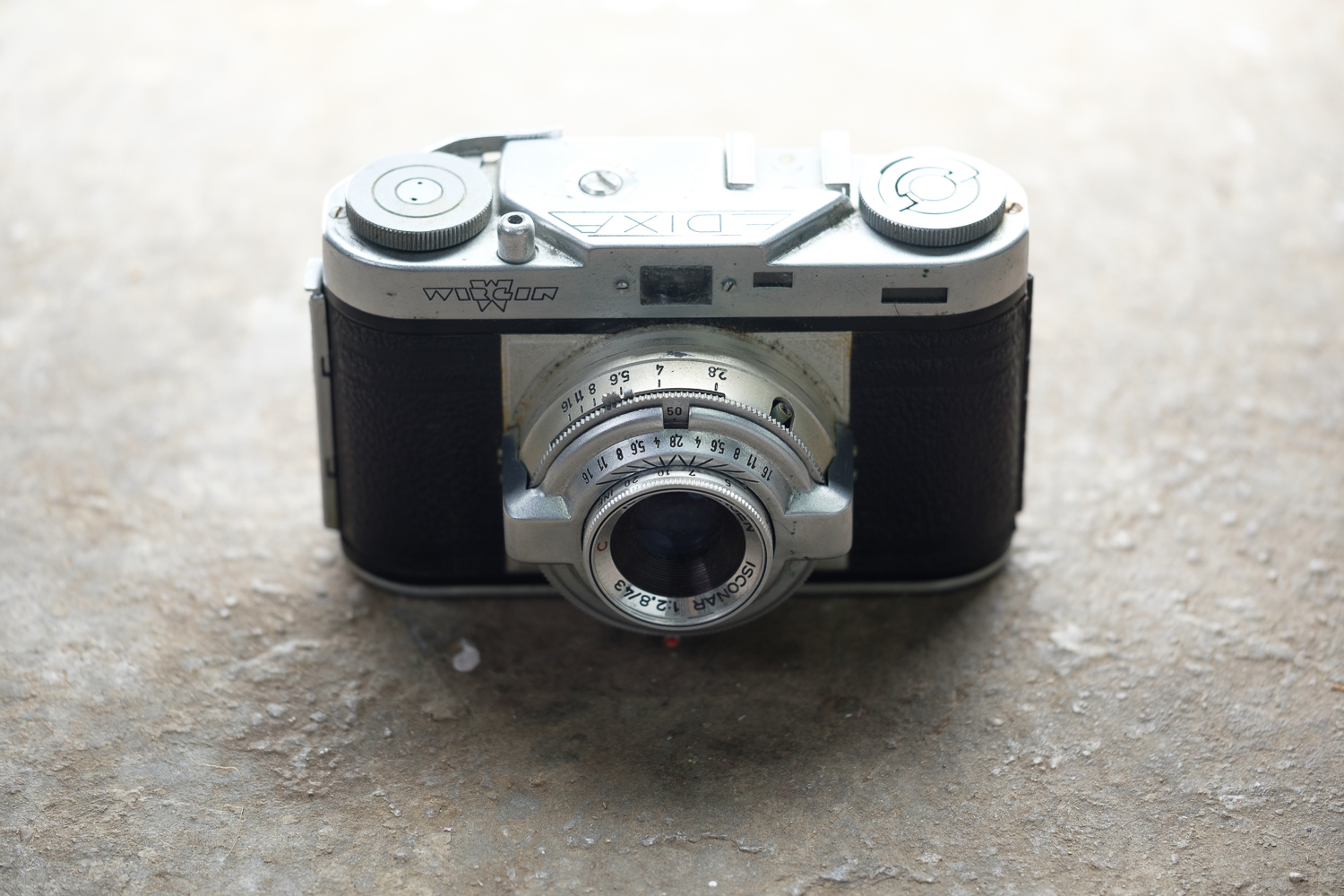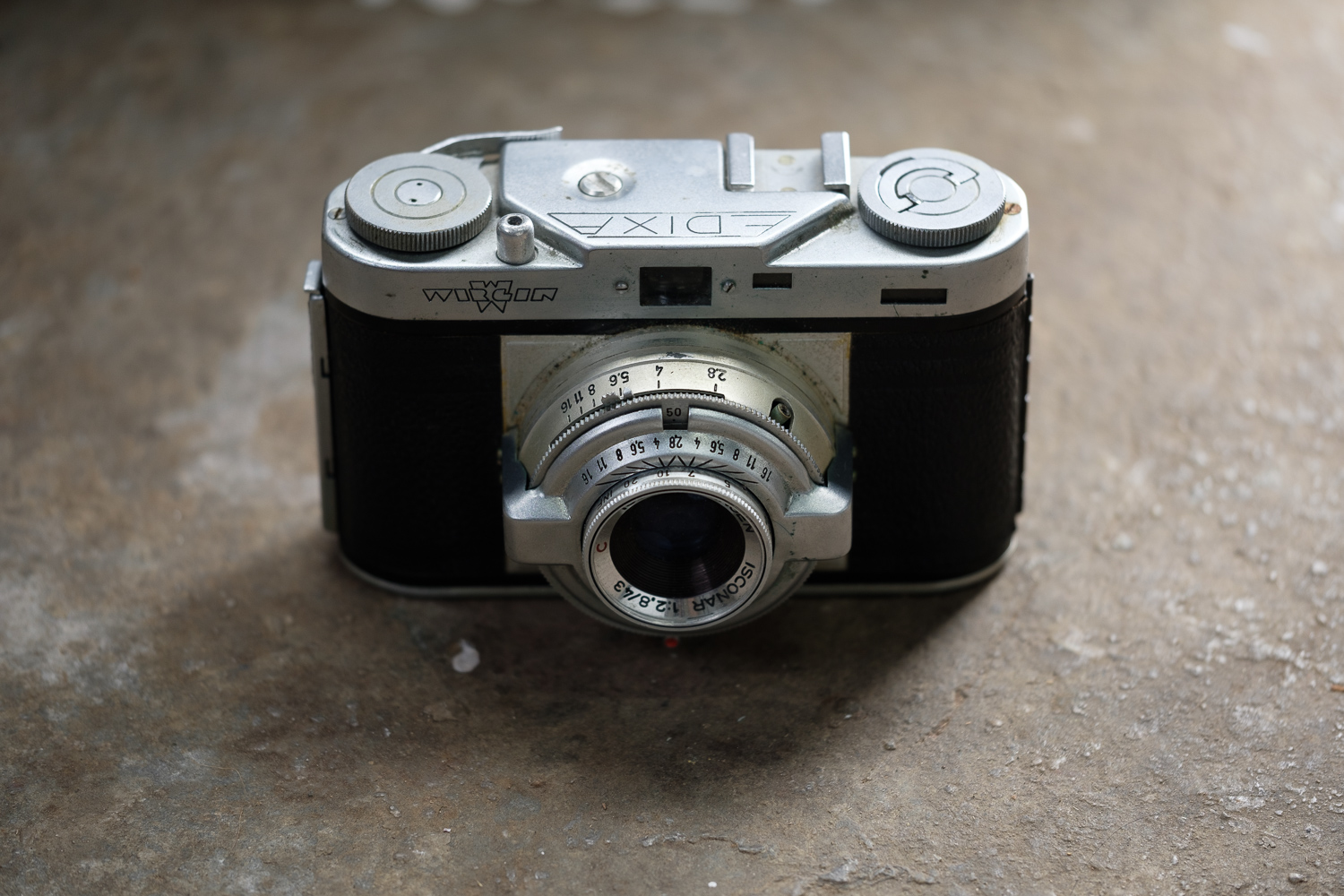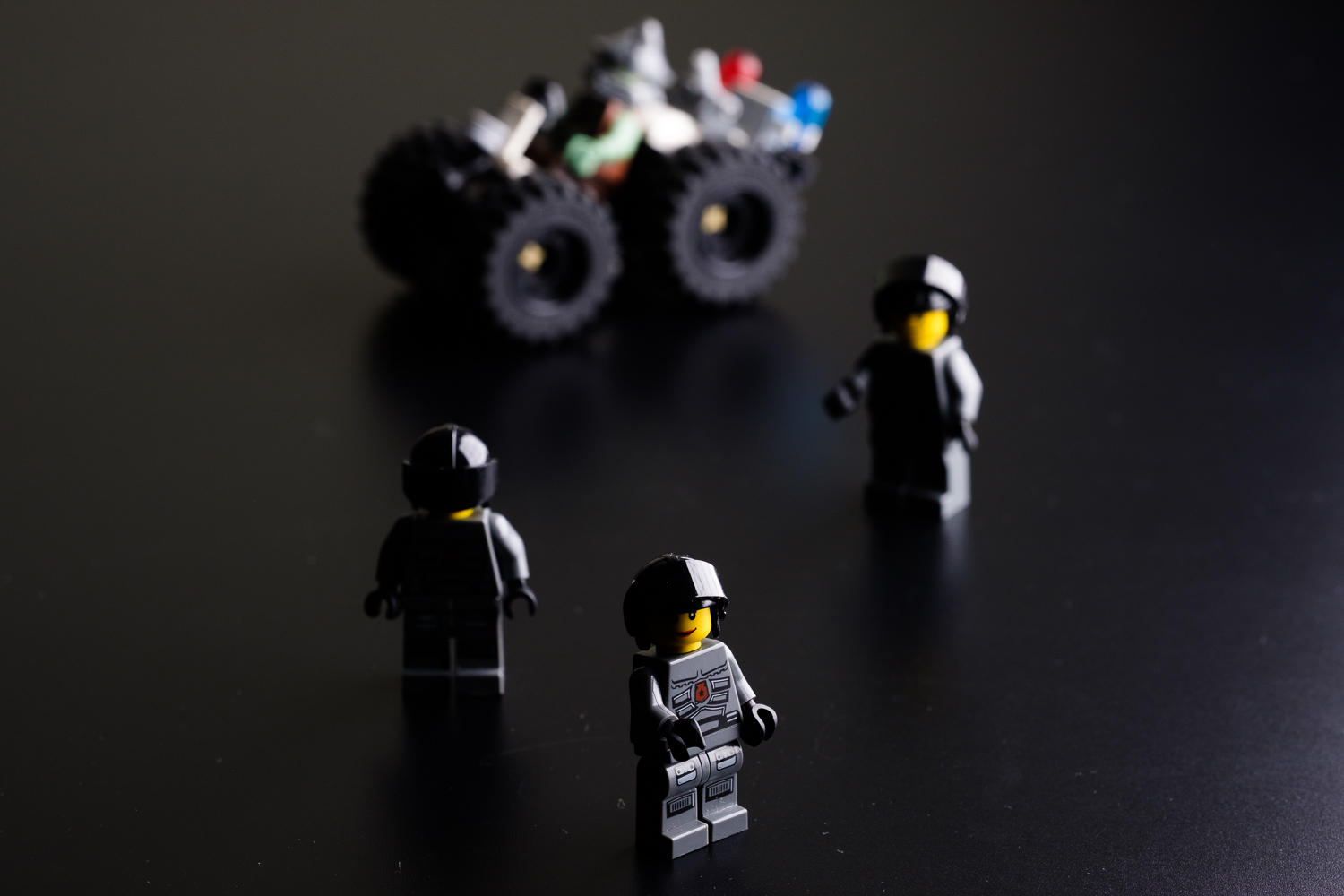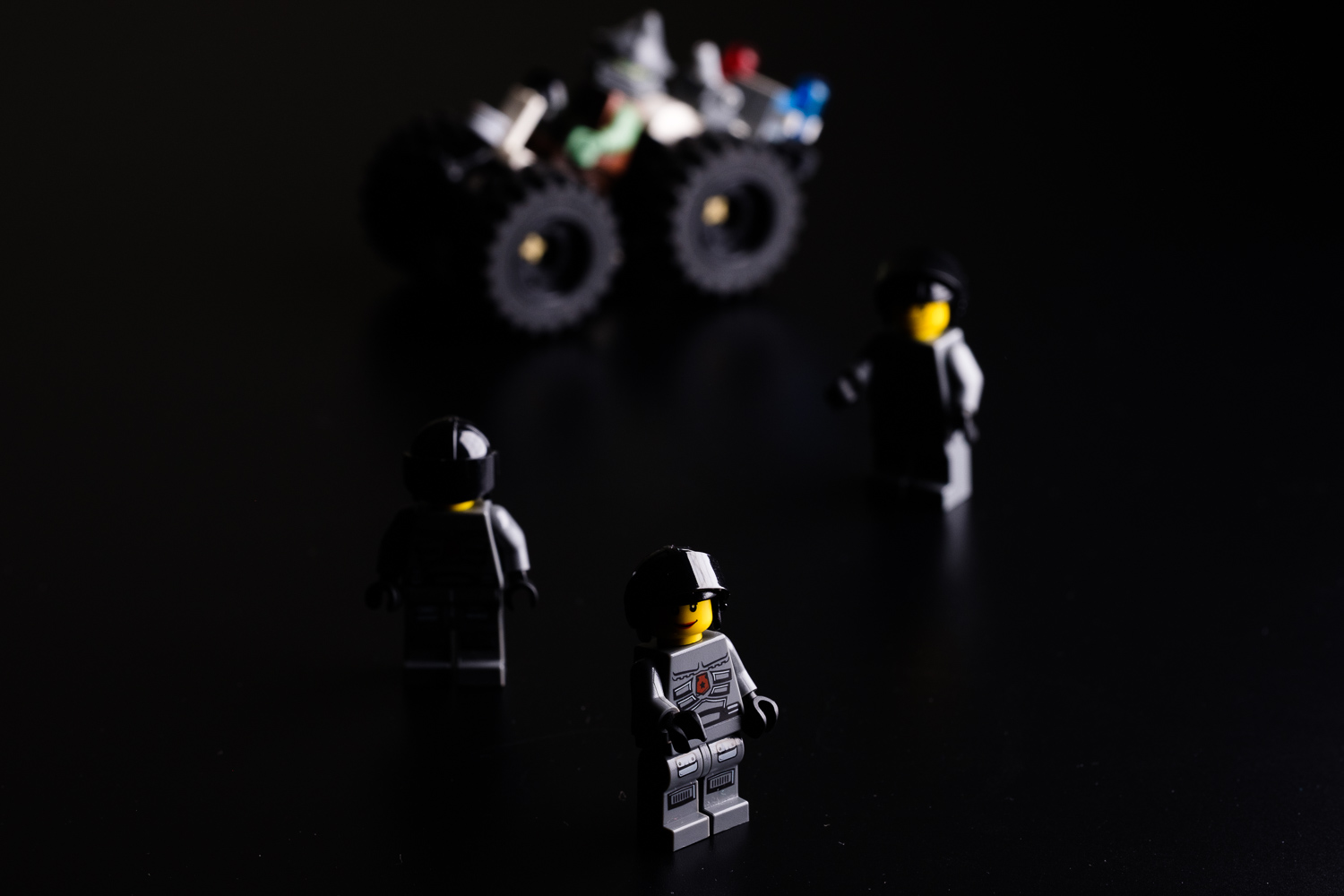After a successful Kickstarter campaign, a Ukrainian startup is looking to bring an entirely new type of product photography lighting to market. It’s a set of smartphone-connected LED panels called the Photon Light Module System, and assuming the company behind it – PhotonLMS – delivers, it could change how photographers think about light boxes.
PhotonLMS just launched a second crowdfunding campaign through Indiegogo. While the full launch won’t happen until mid-2020, PhotonLMS told Digital Trends it hopes to begin shipping to backers as early as December 2019, and sent us a working prototype to test. The prototype isn’t feature complete, but still had me hoping this light box makes it to the finish line.
Building a better light box
There isn’t much to an old-fashioned light box. It’s a box of diffusion material with one side open to the camera. Used for product photography, it softens the light from any source outside the box, be it a professional flash or a basic household lamp. This simplicity has made the humble light box a no-brainer investment for DIY crafters looking to display their wares online through the likes of Etsy and eBay.
But a light box is a blunt tool that’s not easy to adjust. That’s where the Photon Light Module System comes in. Instead of a single diffuser box, the Photon uses a matrix of LED panels, each divided into 25 independently controllable sections, that can be toggled on and off from the PhotonLMS mobile app. That grants far more control over the look of the lighting.
Unsurprisingly, it’s also more expensive. For a full set of three panels, Kickstarter backers shelled out $599, while a single panel went for $219. By comparison, you can pick up a basic light box with a couple of lights for around $50 on Amazon. PhotonLMS is banking on its promise of increased flexibility and better quality to sell its product, and for the right customer, it will probably work.
Using the Photon LMS
I was provided a single prototype panel for the purpose of this article, and while three panels are required for the full effect, it was enough to give me an idea of how it works. In fact, I was surprisingly pleased by the results I achieved with just one panel.
The panel has a built-in Wi-Fi transmitter to connect to your phone (Bluetooth is also planned for the final version). Once you’re connected, you can open the app to see a display of three panels, each divided into 25 sections. As mentioned, I only had one panel of the three, which confused the app. It worked as if I had all three.
You can tap any individual section to turn it on, and the panel responds instantly. You can also slide your finger across sections to quickly turn a whole row on or off — but you have to select either the “tap” or “slide” input mode. Both can’t be active at the same time, which is annoying.
If you’re using your phone as the camera, you can snap pictures right from the Photon app. There’s even added functionality for phone photographers in the form of an “auto shooting” mode that cycles through various lighting patterns and automatically takes a picture using each. You can pick the best shot later without having to manually create several different patterns and test them. If you don’t have experience working with light, this is a great way to get started.
The real perk of the Photon LMS is its ability to dial in the precise light you need for a particular product. Even with just one panel, I was impressed with the many different looks I could achieve by toggling individual sections on and off. You can balance foreground and background brightness, control reflections, cut light back from overexposed areas, and more. With multiple panels, the fine tuning available would be nearly endless.
That’s not to say it’s perfect. In its current prototype stage, light sections can be turned on or off but can’tbe dimmed. PhotonLMS told us that dimmable LEDs, along with adjustable color temperature and full RGB color, are in the works — but won’t make it into the current version.
It’s cool, but do you need it?
For many, $600 is a tough ask for a piece of photo equipment. While the Photon LMS can certainly yield better results, the average Etsy seller may find an inexpensive light box does the job well enough to sell their products.
While I was impressed with how easy it was to customize the light patterns through the app, you may only notice a difference from a small fraction of the total possible patterns, depending on what you’re shooting. If you have a single type of product — say, jewelry — you’re likely to arrive on one or two setups that work for virtually every item in your inventory. Yes, the Photon LMS makes it easier to dial in those setups compared to a traditional light box, but once you’re there, you don’t really need its flexibility any longer.
It’s an interesting new take on an old concept that could elevate the quality of your product photos.
The Photon LMS becomes more important, though, if you’re taking photos of many different products. With the ability to scale in both size and shape, it can light everything from a pair of sunglasses to a pair of pants. And with adjustable brightness, temperature, and even full RGB control hopefully coming to future versions, the Photon LMS will certainly outperform a traditional light box.
That is, of course, assuming it makes it to market. PhotonLMS plans to launch in June 2020 to ensure it has time to ramp up production, but this is the company’s first product and crowdfunding campaign. The fact it sent us a working prototype for testing is a good sign (the company also exhibited at the Consumer Electronics Show earlier this year), but consider the risks involved with crowdfunding before you back the project.
We shoot a lot of product photos here at Digital Trends, and we’re excited by the promise of the Photon Light Module System. It’s an interesting new take on an old concept that could elevate the quality of your product photography.






